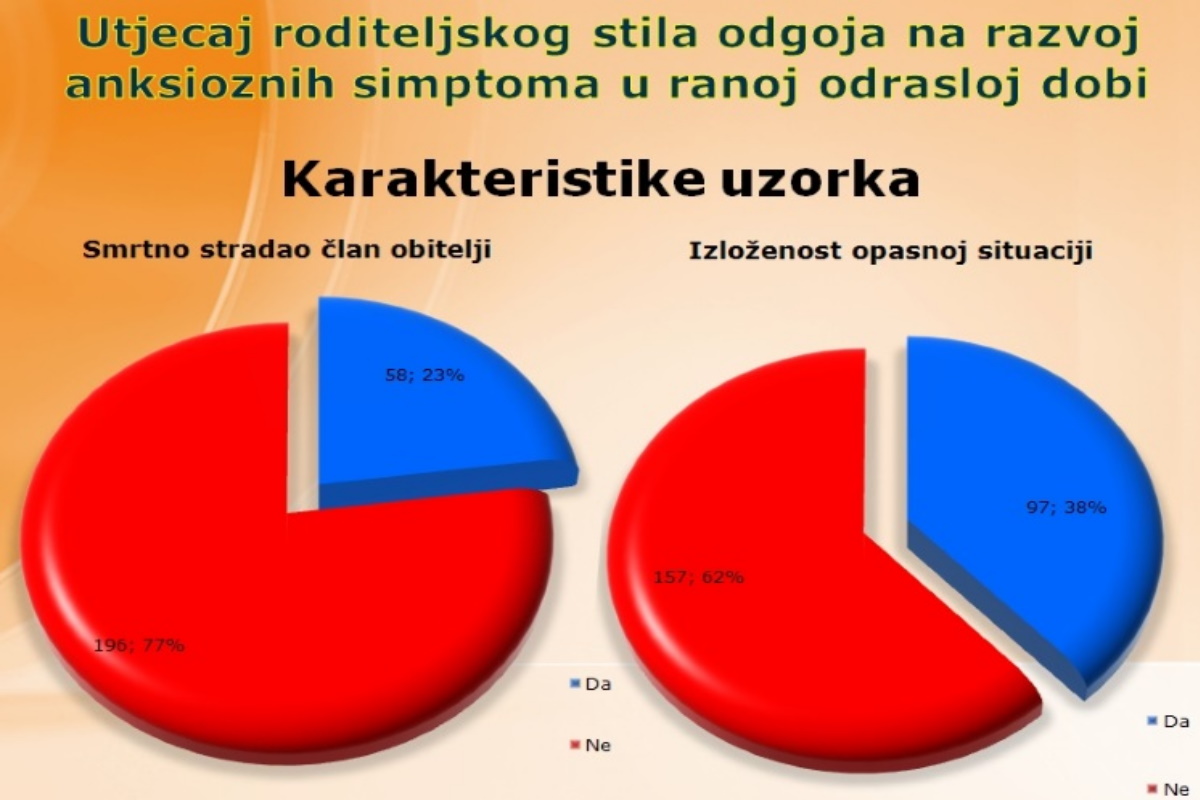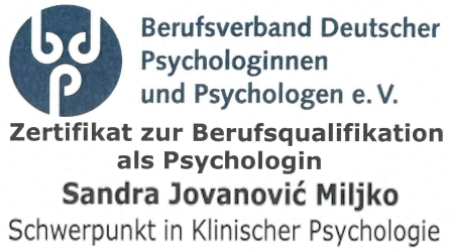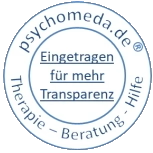Jovanović Sandra Utjecaj roditeljskog stila odgoja na razvoj anksioznih simptoma u ranoj odrasloj dobi
Brojna istraživanja o oblikovanju osobnosti govore o obitelji kao o najsnažnijem čimbeniku tog oblikovanja. Obitelj najjače djeluje na predškolsko i mlađe školsko doba, ali njen utjecaj ni kasnije nije zanemariv.
Istraživanja specifičnih oblika roditeljskoga ponašanja i odgojnih postupaka utvrdila su dvije temeljne dimanzije roditeljstva – emocionalnost i kontrola (Darling i Steinberg, 1993; Cummings, Davies i Campbell, 2000). Emocionalnost se odnosi na emocije koje roditelj doživljava i pokazuje u odnosu s djetetom. U brojnim istraživanjima je potvrđeno da je roditeljska emocionalna toplina povezana s prosocijalnim ponašanjem adolescenata, pozitivnim vršnjačkim odnosima i zadovoljstvom u odrasloj dobi, s općenitom kompetencijom (Amato, 1989), formiranjem identiteta (Sartor i Youniss, 2002), akademskim uspjehom i samo-poštovanjem (Bean i sur., 2003). Suprotno tome, svi aspekti internaliziranih (depresivnost, anksioznost, somatizacija) i eksternaliziranih (agresivnost) problema adolescenata najsnažnije su povezani s percepcijom odbacivanja od strane oca i majke (Buehler and Gerard 2002; Forehand and Nousiainen 1993; Khaleque and Rohner 2002; Rothbaum i Weisz 1994).Ovo je istraživanje pokušalo odgovoriti na pitanje, u kolikoj mjeri percepcija roditeljske brige, kontrole i odbacivanja utječe na razvoj simptoma anksioznosti u ranoj odrasloj dobi.
Many studies who tried to describe designing of personality emphesize family as the most powerful factor. Family has the strongest effect on pre-school and younger school age, but its impact is not negligible even later. Studies of specific forms of parental behavior and educational procedures identified the two fundamental dimensions of parenthood - emotionality and control (Darling and Steinberg, 1993; Cummings, Davies and Campbell, 2000). Emotionality refers to the emotions that parents experience and shows throught the relationship with the child. Many studies have confirmed that parental emotional warmth associated with prosocial behavior of adolescents, positive peer relationships and satisfaction in adulthood, with general competence (Amato, 1989), identity designing (Sartor and Youniss, 2002), academic success and self-respect (Bean et al., 2003). In contrast, all aspects of internalizing (depression, anxiety, somatization) and externalizing (aggressive) problems adolescents are most strongly associated with the perception of rejection by the father and mother (Buehler and Gerard 2002; Forehand and Nousiainen 1993, Khaleque and Rohner 2002, Rothbaum and Weisz 1994). This research attempts to answer the question,how the perception of parental care, control and rejection affect the development of anxiety symptoms in early adulthood
Keywords: parenting, child, emotional warmth, control, rejection











